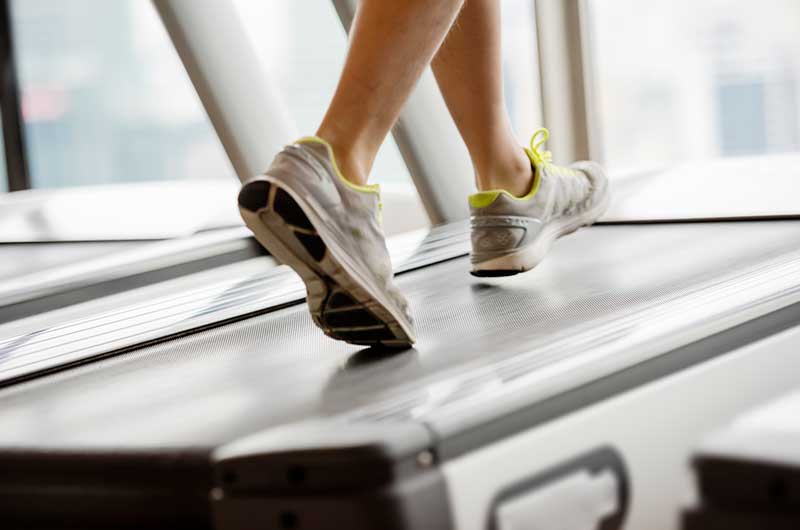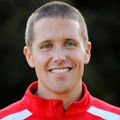
Are you getting the max benefits from your exercise program? Are you pushing yourself day after day and not seeing the results from your workouts? Do you feel as if you should be making more progress for the time you are putting into your exercise regimen? If so, you’re not alone. Many people work out on a regular basis, but don’t feel like they are getting all the benefits, such as increased energy, better sleep, better weight maintenance, improved attitude and outlook, and even a better shape. But here’s the good news: Follow these simple tips and you’ll be sure to get more out of every workout in no time.
1. Get a second opinion
If you have never had a personal trainer or strength coach, you may not be working out to your full potential. Hiring a personal trainer to review your current training program can help you maximize your workouts. He or she can make sure you use good form, or tweak a movement that you’re currently doing and make it more difficult. If you’re currently working with a personal trainer, seek a second opinion. Trainers can get used to seeing your body move and results can start to slow down.
2. Don’t just do cardio

Although the American Heart Association guidelines recommend 30 minutes of vigorous exercise daily to reduce the risk of heart disease, many people make the mistake of only doing cardio workouts. Running, walking, biking and swimming are wonderful for the body. But including strength training in your workout routine is key. One Harvard study showed that men “who increased the amount of time spent in weight training by 20 minutes a day had less gain in their waistline (-0.67 cm) compared with men who similarly increased the amount of time they spent on moderate-to-vigorous aerobic exercise (-0.33 cm), and yard work or stair climbing (-0.16 cm).” This means that adding strength training to your workouts can go a long way in fighting the aging process of muscle loss and increased waistlines and weight gain.
3. Fatigue with intervals
High-intensity interval training (HIIT) or burst training is key to getting the most out of your workouts. If you’re still doing steady-state workouts or not finishing out each set to fatigue, you’re leaving room for improvement. Including high-intensity work intervals with alternating periods of rest helps your body reach new levels of fitness. Tabata, HIIT and boot-camp classes tend to offer this type of training, or you can do it on your own. Focus on eight to 12 reps of each exercise followed by a controlled sprint set. For example, perform slow biceps curls followed by rope-cable curls for a timed set.
4. Fuel up before your workout

Carb loading before a race is a common practice, but eating carbohydrates before your workout may help you push yourself a bit more during your workout to get to the next level of training and/or burn more calories. Oatmeal, potatoes, Greek yogurt, fruits and vegetables are all great choices—the more your muscles are fueled, the longer you may be able to push yourself. The American Academy of Nutrition and Dietetics recommends eating before a workout versus fasting before one, and suggest choosing carbs over just protein. Protein is best consumed after a workout to help rebuild muscle tissue and enhance muscle recovery.
5. Drink water
A simple glass of water before, during and after your workout will help improve performance. Experts recommend drinking 15 to 20 ounces of water one to two hours before your workout and again 15 minutes before you begin. During your workout, drink 8 ounces of water for every 15 minutes of intense exercise. And follow up with more water after you have finished exercising.
6. Sleep in

Sleep is the body’s time to rest and repair. Without adequate rest your body experiences changes in hormones that affect lean muscle mass and weight gain. This means that if you’re putting your exercise program in high gear, but ignoring the amount of time you sleep at night, you won’t get the results you want. Sleeping six to eight hours per night is key to performance in work and exercise, mental acuity and attitude.




 by
by 








 by
by